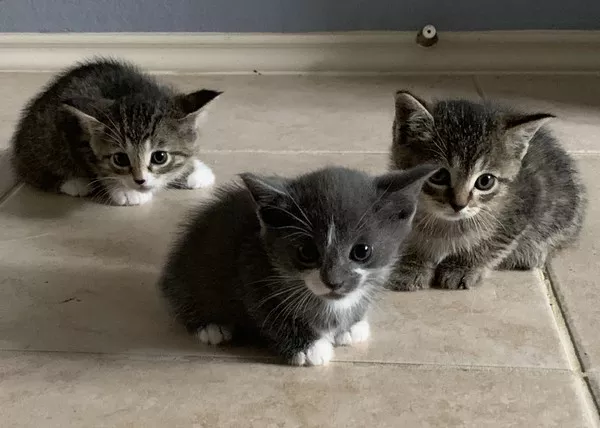Are baby boomers concerned about their cognitive abilities declining? It gets my attention. I published my residency research on cognitive dysfunction syndrome in elderly pets. There’s a whole lot of data, on dogs and on humans, supporting the benefits of healthy stressors like physical exertion and learning hard things. Caring for a pet can also make a difference for the aging human brain.
A study authored by Jennifer W. Applebaum, sociology PhD candidate at the University of Florida, measured long-term outcomes of cognitive tests on 1,369 people over age 50. All participants had normal cognition at the start of the study; 32% of them were long-term pet owners. The pet parent group had less hypertension and a slower decline in their cognitive scores. You can’t draw a cause-and-effect relationship but this work supports keeping a pet to help protect against dementia.
Interestingly, the pet parents in this group were more likely to have depression than their petless compadres.
Some of my older clients have confided these struggles and how their pets motivate them to exercise and share healthy affection. Unconditional love makes a difference if you feel isolated.
The upshot of this study is that older folks who keep their pets stay mentally sharp longer. More families and senior living facilities can make pet-friendly amenities part of the bargain. The day-to-day of caring for the cats and dogs we love can keep boomers active and sharp into their golden years. But don’t try convincing someone who’s never shown much interest in pets to adopt. It won’t work and it would be unfair to everybody involved.
You might suspect that I’m a baby boomer and that I look forward to hanging up my stethoscope so I can putter around the yard or take up golf. But practicing veterinary medicine is all I have wanted to do since I was 8 years old. Learning new things challenges my brain. And, besides, I’m not old enough to play golf anyway. And if I did hit little balls I’d have to leave my pets at home.


























